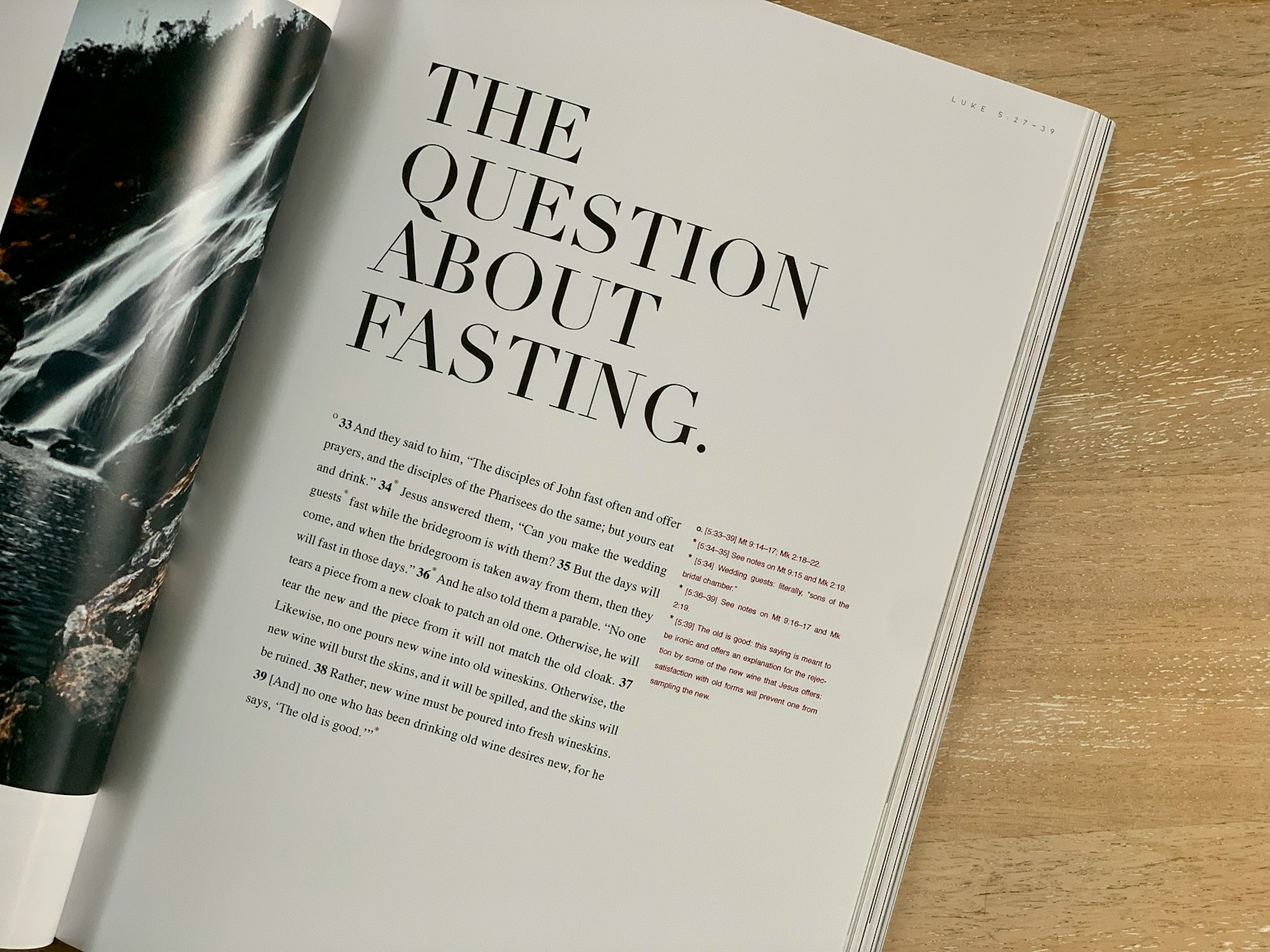Timing and Weight Loss: What Doctors Say About Intermittent Fasting
Disclaimer: The following is not a substitute for medical advice, always, consult a healthcare professional, before taking on any diet or supplements, the following is for info only.
Intermittent fasting
Intermittent fasting (IF) has taken the wellness world by storm. With its promises of not only weight loss but improved metabolic health, it’s little wonder why more and more women are flocking to this dietary strategy. But what do the experts really think? In this article, we’ll delve deep into the science behind intermittent fasting, the various schedules to follow, and how they can be tailored specifically for women. By the end, you’ll have a thorough understanding of IF and how it can fit into your lifestyle.
What is Intermittent Fasting?
At its core, intermittent fasting is not about what you eat but when you eat. It involves cycling between periods of eating and fasting, which can lead to weight loss and other health benefits. Here are some of the most popular methods:
- 16/8 Method: Fast for 16 hours and eat during an 8-hour window. This often means skipping breakfast and only consuming food from noon to 8 PM.
- 5:2 Diet: Consume 500-600 calories on two non-consecutive days of the week, eating normally the other five days.
- Alternate-Day Fasting: This involves fasting every other day, either completely or with a minimal calorie intake.
- Warrior Diet: Fast during the day (20 hours) and consume your meals in a 4-hour window in the evening.
How Does Intermittent Fasting Work?
Intermittent fasting impacts your body on several levels:
- Insulin Sensitivity: Fasting periods allow insulin levels to lower, making the body use fat stores more efficiently.
- Human Growth Hormone (HGH): Levels of this fat-burning hormone typically increase, leading to improved fat metabolism.
- Cognitive Benefits: Fasting encourages the production of brain-derived neurotrophic factor (BDNF), supporting brain health.
These physiological changes can lead to significant weight loss and improve metabolic functions, and cardiovascular health, and even reduce the risk of chronic diseases.
Can Intermittent Fasting Be Effective for Women?
While many studies highlight the success of intermittent fasting for various individuals, results can vary significantly among women. Research suggests that women may react differently to calorie restriction than men due to hormonal fluctuations. Understanding these differences is crucial for maximizing the potential benefits of IF.
Hormonal Considerations
Women experience hormonal fluctuations throughout their menstrual cycles, which may affect how the body utilizes food and fat:
- Follicular Phase: Women may benefit from fasting more during this phase when estrogen is higher, as it can lead to improved fat loss.
- Luteal Phase: Hormonal changes in this phase may increase cravings for carbohydrates, making extended fasting more challenging.

Expert Opinions on Intermittent Fasting
To extract professional opinions on intermittent fasting, we consulted several health experts and dietitians. Here’s what they had to say:
Dr. Sarah Williams, MD, Nutrition Specialist
“Intermittent fasting can be a powerful approach for many women, especially those who struggle with traditional dieting. However, it’s essential to listen to your body. Women may find that their energy levels fluctuate during their menstrual cycles, impacting their ability to fast.”
Maria Rodriguez, Registered Dietitian
“The key is adaptability. Women should consider how they feel while fasting and adjust their schedules accordingly. Some may find intermittent fasting very compatible with their lifestyles, while others may not.”
Dr. Emily Chen, Endocrinologist
“Research shows that women might benefit from shorter fasting windows compared to men. It’s important for women to maintain proper nutrition and not compromise on food quality during eating windows.”
The Benefits of Intermittent Fasting
Intermittent fasting offers an array of benefits beyond just weight loss. Here are some advantages that may resonate with many women:
- Weight Loss: Helps decrease calorie intake and promotes fat burning.
- Improved Digestion: This gives your digestive system a break, which can help rest and restore gut health.
- Simplicity: Reduces the need for meal planning and calorie counting—ideal for busy women.
- Potential Longevity: Some studies suggest that fasting may contribute to increased lifespan by promoting cellular repair processes.
How to Start with Intermittent Fasting
To embark on your intermittent fasting journey, it’s crucial to follow these steps:
1. Choose Your Method
Decide which intermittent fasting schedule resonates with your lifestyle and preferences. The 16/8 method is often the easiest for beginners.
2. Start Slow
If you’re new to fasting, start with shorter fasting windows and gradually extend them as your body adjusts. For instance, try a 12-hour fast and slowly shift to a 14/10 or 16/8 routine.
3. Prioritize Nutrition
During your eating windows, focus on nutrient-dense foods that fuel your body:
- Fruits and vegetables
- Lean proteins
- Whole grains
- Healthy fats like avocados, nuts, and olive oil
4. Stay Hydrated
Drink plenty of water, herbal teas, or black coffee during fasting periods to stay hydrated and curb hunger.
5. Listen to Your Body
Pay attention to how you feel. If you experience fatigue, irritability, or cravings, consider modifying your fasting schedule or consulting with a healthcare professional.
Have You Read: Transform Your Fitness Journey by Walking 10km Daily for Weight Loss
Potential Risks and Considerations
While intermittent fasting has numerous benefits, it is not suitable for everyone. Certain groups should approach fasting with caution:
- Those with a history of eating disorders
- Pregnant or breastfeeding women
- Individuals with diabetes or those on medications that require regular food intake
Conclusion
Intermittent fasting offers an exciting approach to weight loss and metabolic health, particularly for women who may benefit from tailored fasting strategies. As with any dietary change, it’s essential to consult with healthcare professionals and heed your body’s signals.
If you’re considering adopting intermittent fasting, remember to keep it flexible and enjoyable to create lasting, positive changes in your overall health. With the right approach, IF can complement your lifestyle and enhance your journey toward wellness.
Top 10 Self-Care Practices for Busy Women
Busy women like you deserve moments of peace and serenity. That’s why we’ve compiled this list of Top 10 Self-Care Practices to help you thrive amidst hectic schedules. Let’s dive into how you can nurture yourself while managing everything else.













